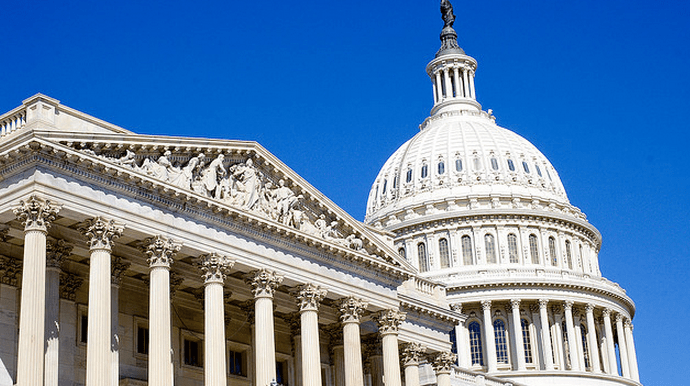The FCC is expected to vote on new neutrality rules in December. What those rules will entail remains a high-stakes parlor game.
Out this week from the Wall Street Journal’s Gautham Nagesh was a report indicating that, similar to some plans proposed by extra-governmental individuals and groups, the FCC is considering a ‘hybrid’ approach to net neutrality. Others, including Rep. Henry Waxman, by way of one example, have recently proposed net neutrality plans that would fuse varying legal foundations to support the protection of an open Internet.
The full lines of the proposal aren’t clear, but some broad points emerge in Nagesh’s post. The key paragraph:
The plan now under consideration would separate broadband into two distinct services: a retail one, in which consumers would pay broadband providers for Internet access; and a back-end one, in which broadband providers serve as the conduit for websites to distribute content. The FCC would then classify the back-end service as a common carrier, giving the agency the ability to police any deals between content companies and broadband providers.
Nagesh goes on to note that a “flat ban on paid prioritization” is something that the FCC is “skeptical” of — the implication there being that what the FCC does finally concoct and vote on likely won’t go as far as net neutrality advocates want in terms of disallowing monied players in the media and ISP markets from using their corporate heft to either pay, or extract fees for improved content delivery to consumers.
At the same time, the hybrid approach as noted above would almost certainly come under legal challenge from ISPs who will chafe under even partial classification as a common carrier.
In short, the plan likely won’t make many people happy, while making most people the opposite.
The FCC appears hesitant to impose a complete ban on paid prioritization, or other commercial deals between ISPs and content companies due to what I can only surmise is a fear of accidentally suffocating a potentially innovative market niche by being overzealous in its protection of the Internet’s level playing field. What might be down the road that would benefit from some wiggle room that we can’t see now, as it hasn’t been built?
Keep in mind that this is the last day of October. We’re now less than two months away from a vote.
IMAGE BY FLICKR USER BENJAMIN CHAN UNDER CC BY-SA 2.0 LICENSE (IMAGE HAS BEEN CROPPED)
